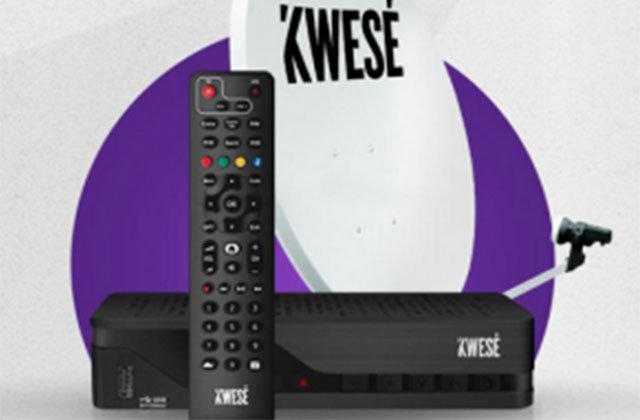It is often said that Econet is too big to fail but the truth is that the company has been launching a series of product flops over the years in an attempt to diversify from its core business. Emboldened by the wild success of one of its diversification efforts, Ecocash, they have launched a bunch of other products, most of them accompanied by a significant marketing push. Recently there was the spectacular failure of its Kwese satellite TV service whose pre-launch popularity was driven by its similarly spectacular and highly publicized legal battles with the government. Even more recently there is their instant messaging app, Sasai, which has been largely snubbed by the public. Econet will never admit it but the app is also probably dying a slow and quiet death.
Econet has not been a startup in a long time but some of its misadventures offer us a few lessons in entrepreneurship. If a company with such deep pockets and lavish marketing budget can fail, we can pick a lot of lessons from the smouldering remains of its failures. Without further ado here are just a few of the lessons we can learn.
Novelty is not a product feature
In today’s technology-obsessed world there are a lot of pressures on entrepreneurs and other business people to be “innovative”, ” disruptive” or any other of the dozen or so Silicon Valley buzzwords that tech blogs assault us with daily. It appears that big corporations and their leaders are not immune to this pressure.
Some local companies can hardly resist the urge to announce that each and every one of the products that they launch is the first of its kind in Zimbabwe/Africa/the world. This leads some companies to mistakenly believe that novel product features or ideas will guarantee success.
Unfortunately, novelty can only at most guarantee you chatter about your product. If the features ultimately fail to resonate with the intended user, the product is in trouble. The one feature that Econet seems to be proud about on Sasai is the ability to send money to other users within the app in addition to text and media. Even the gentleman who claims that the idea for the app was ripped off him usually dwells on that particular feature.
Unfortunately, it appears that Zimbabweans do not really care, they are content to continue texting and sending money using different apps. At the end of the day, it appears that Sasai is just a clunkier, bloated WhatsApp alternative with one or two clever features that only a few find useful enough to start using the app. Entrepreneurs must, therefore, try not to stake all their hopes of success on widely entrenched products that have had minor (emphasis on “minor”) improvements.
Do not differentiate for the sake of it
When Kwese was launched to much fanfare (and the occasional court battle), one of the most striking features about it was how different it was from the incumbent – DSTV. The service differentiated itself so well from its one competitor that it appeared to have been originally meant for a vastly different market. Most people disliked the service almost immediately as it did not have the sports or the channels they had been taught to expect by DSTV and other free services.
The lesson here is that while it is important to differentiate your offering, do not try so hard to avoid facing your competition head-on that you end up alienating your only viable market.
Discontinue products gracefully
As I said, Econet is no stranger to products duds. Unfortunately, the company has developed a very familiar and easily recognizable product life cycle where they launch a product too much fanfare and then suddenly, without warning discontinue it if it fails to live up to their lofty expectations. The company leaves behind a trail of stranded and regretful early adopters. Kwese set-top boxes have been reduced to paperweights in this way.
Unfortunately, people have longer memories than Econet executives give them credit for. A lot of people have come to view Econet’s product launches with well-deserved scepticism. Entrepreneurs must, therefore, try to keep the few existing users or clients in mind when they decide to write off some products. If you fail to do this your startup may have more of an uphill battle with future product launches.
Diversify along your core strengths
Econet is a very successful mobile network operator with the largest subscriber base in the country. They leaned heavily on this advantage when they launched their very successful mobile money service. Unfortunately with the likes of Kwese and Sasai, the company was/is trying to innovate far out of its depth. Most companies that large prefer to acquire companies in different sectors rather than try to launch product categories that are far beyond their in-house specialities.
Like a fisherman who leans too far out from his boat, tackling product categories too different from what you are good at can be dangerous.









It’s their childish product names.
Hahaha! We certainly cannot overklook the impact the names have.